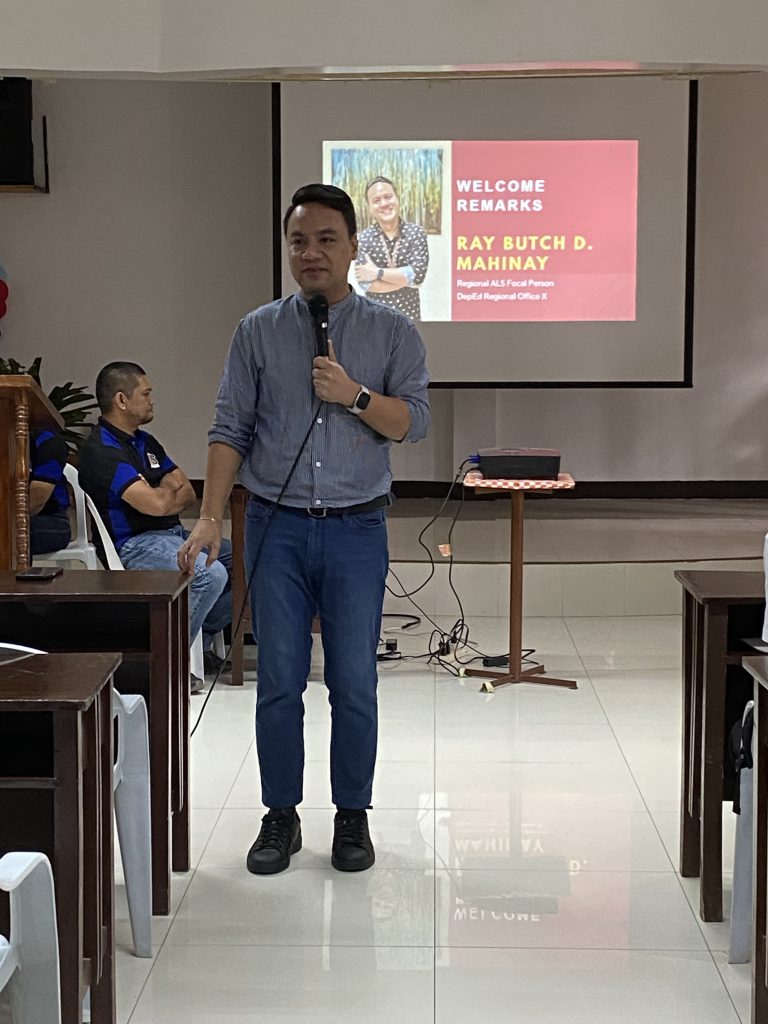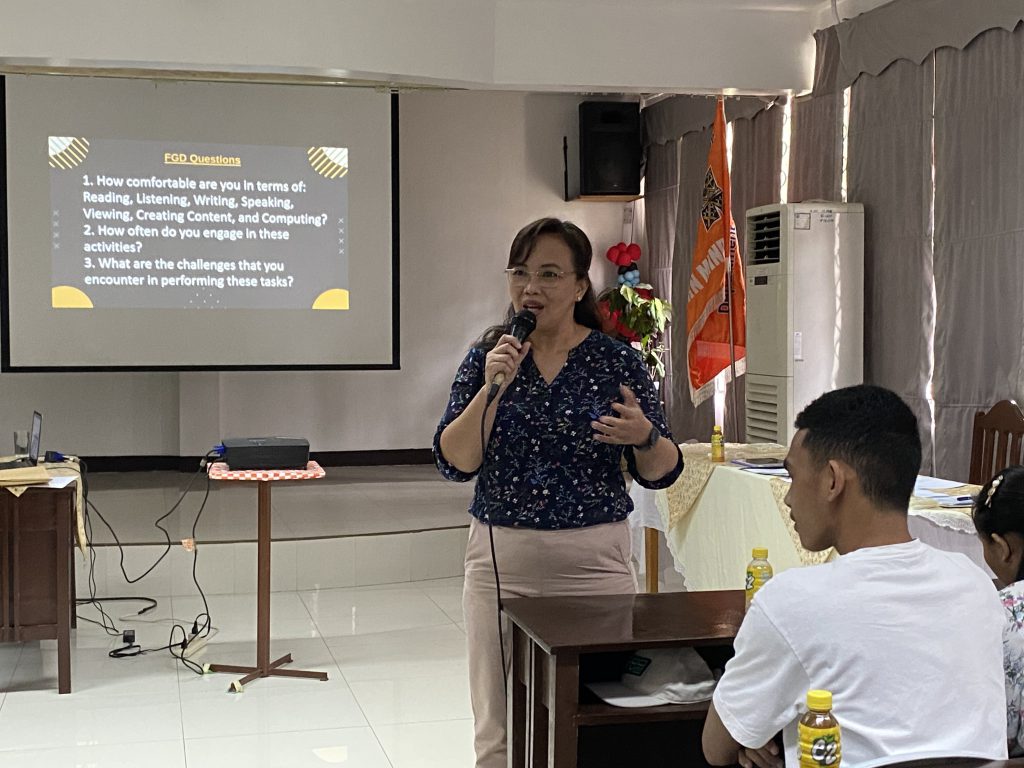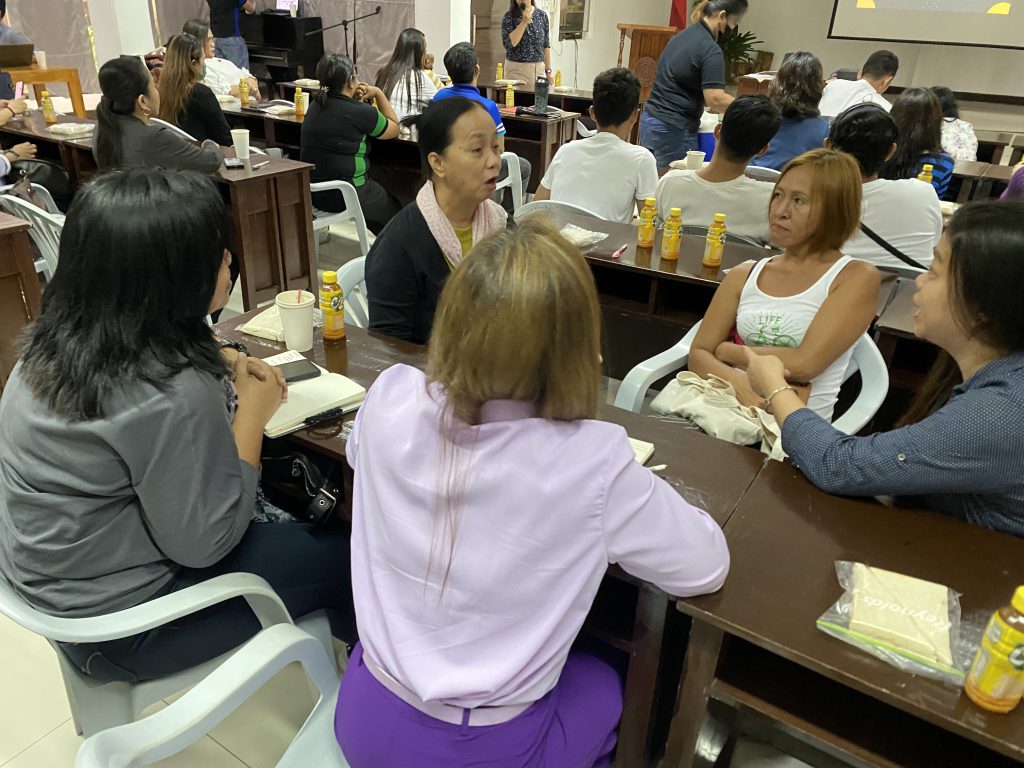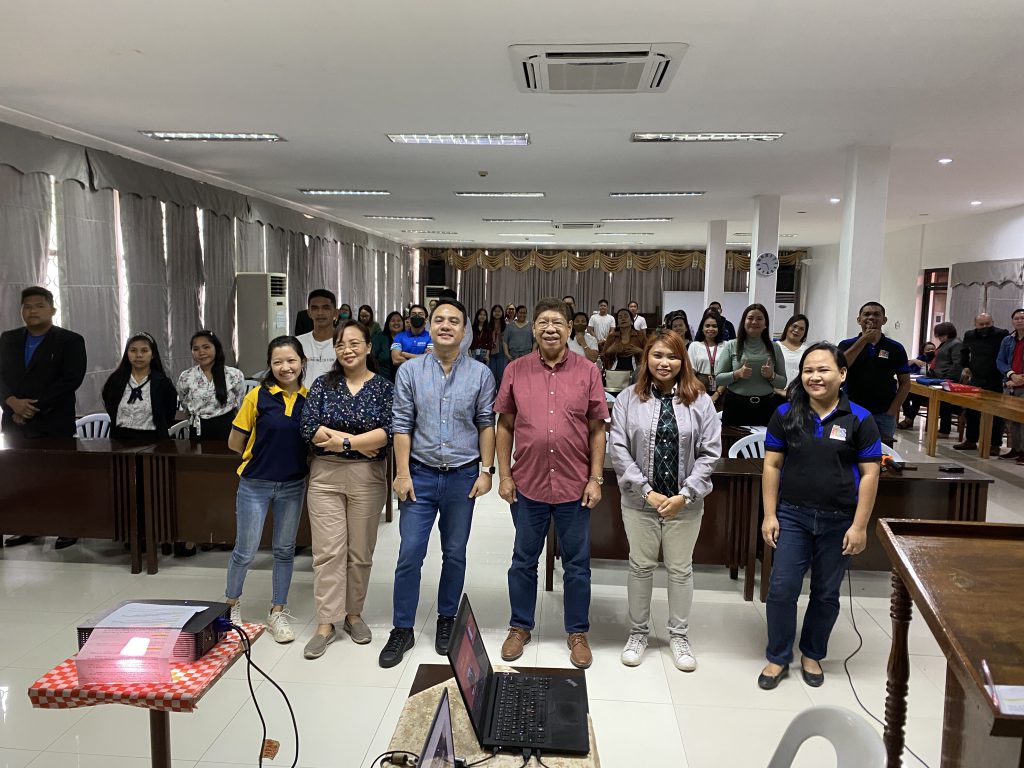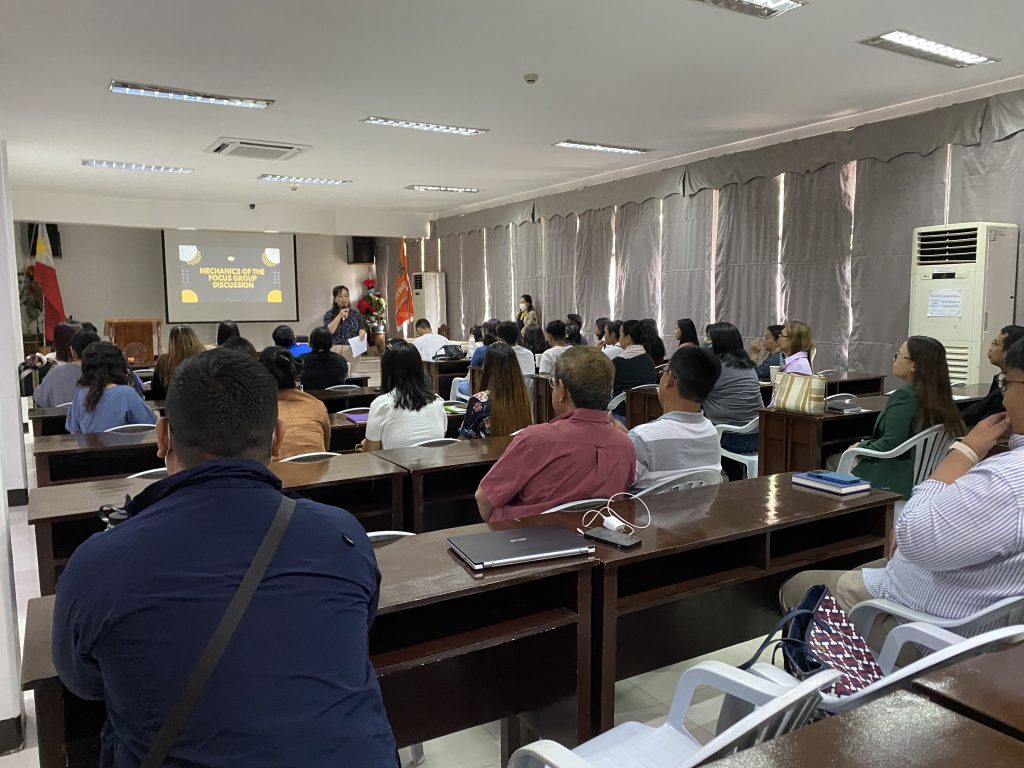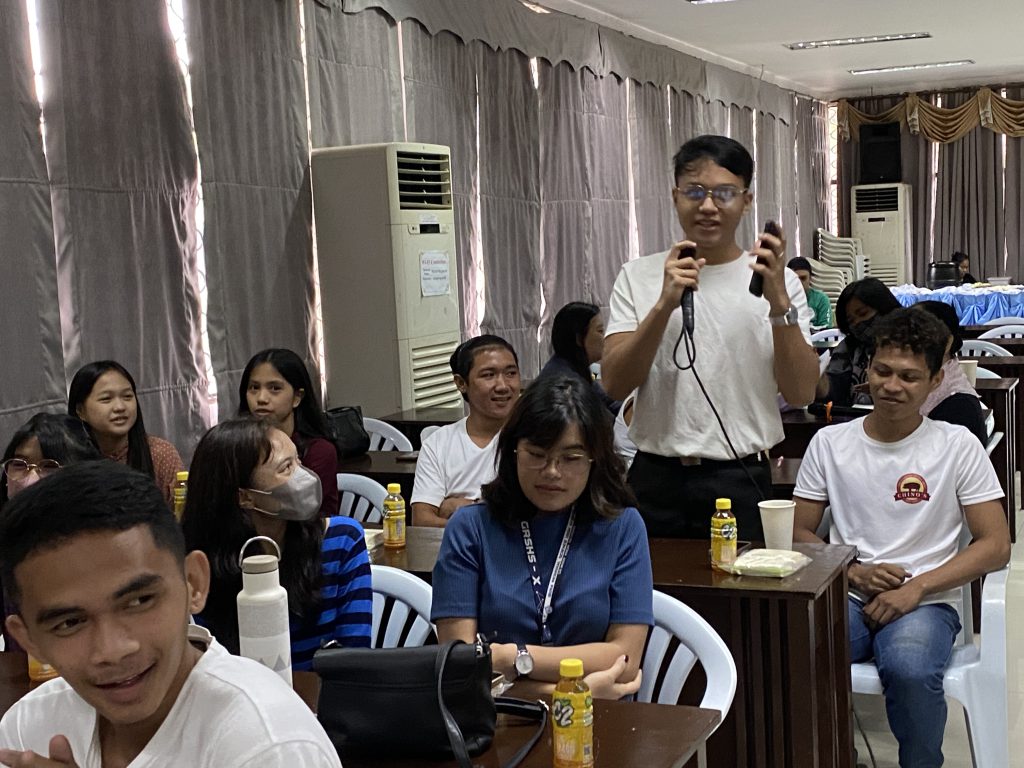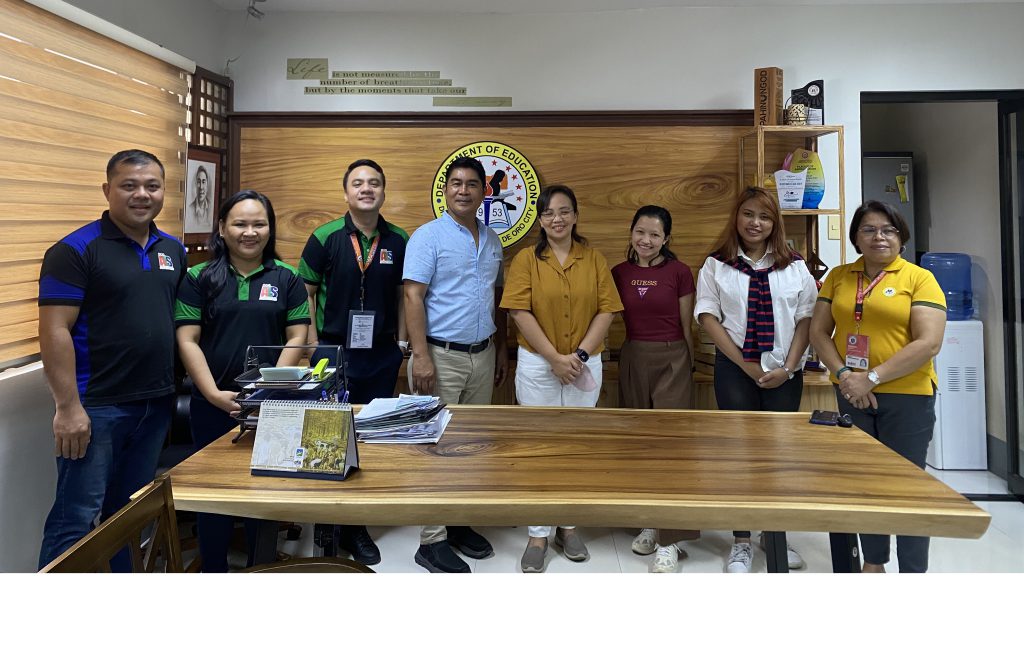In a steadfast effort to illuminate the path to improved literacy rates in the Philippines, the Literacy Coordinating Council (LCC) has unveiled its comprehensive program, “LIYAB,” comprising five vital pillars aimed at fulfilling its mandate to universalize literacy in the country. The LIYAB program embodies the nation’s commitment to empower Filipinos through functional literacy and lifelong learning, and the first pillar, aptly named “LIKHA,” sets its focus on Policy Research and Development.
Under the LIKHA pillar, the LCC is resolutely dedicated to enhancing research and development efforts in the field of literacy. This involves harnessing the power of comprehensive data, in-depth studies, and expert analyses to inform and influence literacy policy and program development across the national and local levels of governance.
Currently, the LCC is undertaking the Research Study on the Development of Benchmarks for Adult Literacy Competencies. This study aims to review and consolidate international standards on literacy, culminating in the creation of a benchmark for adult literacy competencies. Such a benchmark is poised to become the cornerstone for policy recommendations, ushering in a new era of literacy advancement in the country.
At its core, the research study seeks to achieve four pivotal goals:
1) Redefining the Country’s Literacy Goals: By drawing upon global best practices and innovative approaches, the study endeavors to redefine the nation’s literacy goals. The envisioned goals will take into account not only the conventional aspects of reading and writing but also the ever-evolving demands of a knowledge-driven society.
2) Revising the Measure of Literacy in the Country: With the benchmark for adult literacy competencies as a guide, the LCC aims to reevaluate the existing metrics used to assess literacy rates in the Philippines. This revision will pave the way for a more accurate and comprehensive understanding of literacy levels, helping to identify areas that require urgent attention and intervention.
3) Designing Interventions to Achieve Literacy Goals: Armed with data-backed insights, the LCC will craft targeted interventions to propel the country towards achieving its literacy goals. These interventions will be tailored to address specific challenges and will extend to diverse areas such as curriculum review for Basic Education and Teacher Education, as well as national and local literacy programs
4) Strengthening Curriculum and Literacy Programs: The study’s outcomes will serve as a driving force behind the transformation of educational curricula and literacy programs. Armed with the benchmark for adult literacy competencies, the LCC will collaborate with educational institutions and stakeholders to implement comprehensive enhancements, including the sphere of writing my paper, where students receive academic writing assistance, ensuring that learners are equipped with the skills required for success in the modern world.
The research study kicks off through a series of Focus Group Discussions (FGDs) in select Department of Education (DepEd) Regions across the Philippines. The inaugural session took place on July 13, 2023, in DepEd Region X, facilitated by the research team from the Philippine Normal University (PNU) and other partner higher education institutions, together with the LCC Secretariat, Regional Alternative Learning System (ALS) focal person, and personnel from the Schools Division Office of Cagayan de Oro City. Subsequent FGDs are scheduled to cover additional regions in the following weeks, extending until September 2023.
As the LCC continues its relentless pursuit of literacy excellence, the LIKHA pillar is set to become a beacon of knowledge, guiding the nation towards a future characterized by enhanced literacy rates and a more educated and empowered citizenry. As the research study on the development of benchmarks for adult literacy competencies unfolds, the nation eagerly awaits the transformative changes that lie ahead, heralding a new era of literacy-driven development.
